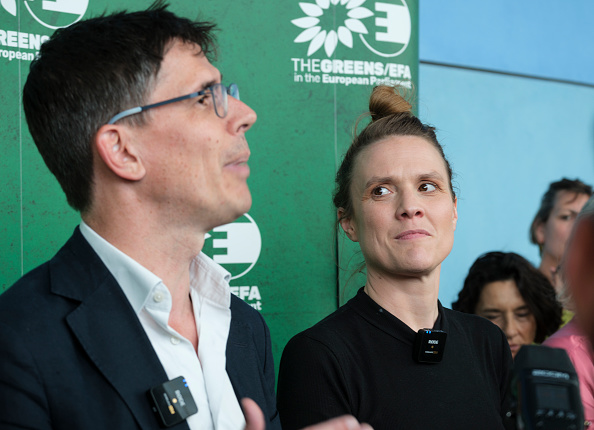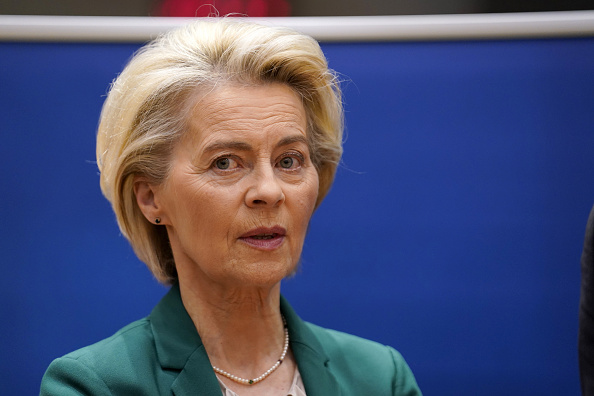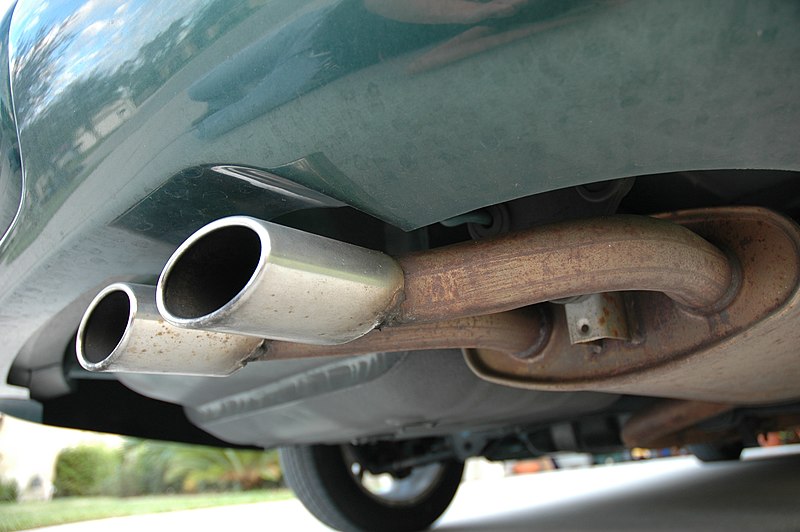European Union members should have a veto over European Commission decisions, Alternative for Germany (AfD) co-leader Alice Weidel has said.
The EU needed fewer bureaucrats and more free trade, the AfD’s first candidate for chancellor told Bloomberg TV in Berlin on December 19.
“I highly recommend just a free trade zone because all the bureaucrats — thousands of them — are eating up taxpayers’ money,” said Weidel, who described her party as “libertarian” rather than “far right”.
Her comments followed recent statements by Weidel saying “this whole EU should be abolished,” as she argued in a video posted to Twitter/X.
There, she criticised as “fundamentally wrong” those who said her “demand for Dexit, the exit from the EU” would necessarily mean leaving the single market.
“If a country wants to leave the European Union,” then it should “fall automatically into a free trade zone”, Weidel said in the interview.
She also said she had “huge hopes” for US President-elect Donald Trump ‘s term in office, in particular, that it would put an end to the war in Ukraine, something EU members were “not willing or capable of doing”, she claimed.
Separately, Weidel said EU “socialist policymaking” had “ripped off” Germany’s suffering automotive makers with its ban on sales of new internal combustion engine vehicles from 2035.
A draft election manifesto sent to AfD members ahead of a party conference scheduled for early January said it believed the time had now come for a German EU exit.
“We consider it necessary for Germany to leave the European Union and to establish a new European community,” Deutsche Welle reported the document as stating on December 18.
A “transfer union” should replace German membership of the bloc, the draft manifesto added.
Ahead of Germany’s snap elections on February 23, the AfD has remained in second place behind the Christian Democrats and Christian Social Union (CDU/CSU) frontrunners in recent polls. It was ahead of all three members of the coalition that had governed Germany since 2021 until breaking apart on November 7.
In the December 13-16 INSA poll, 19.5 per cent of Germans supported the AfD, ahead of the SPD (Social Democrats) with 16.5 per cent and behind only the CSU party frontrunners, who were on 31.5 per cent.
Its consistent second-place showing in polls – at 20 per cent nearly double its 10.3 per cent showing in the September 2021 previous federal election – suggested Weidel’s AfD was likely to become Germany’s largest opposition party.
The first-place CDU/CSU were expected to form a coalition with either the third-place SPD, currently polling 17 per cent, according to INSA, or fourth-place Greens at 12 per cent.
Despite the AfD’s popularity, 87 per cent of Germans and 52 per cent of AfD supporters would still vote to remain in the EU, a November 2023 survey by the CDU-affiliated Konrad Adenauer Foundation found.
The AfD’s current platform, adopted in 2017, called for “returning the European Union to an economic union based on shared interests and consisting of sovereign but loosely connected nation states”. It rejected both”a United States of Europe” and “a federal state from which an exit is impossible”.
It said if it did not succeed with “a fundamental reform within the present framework of the European Union”, then “we shall seek Germany‘s exit, or a democratic dissolution of the EU, followed by the founding of a new European economic union”.





